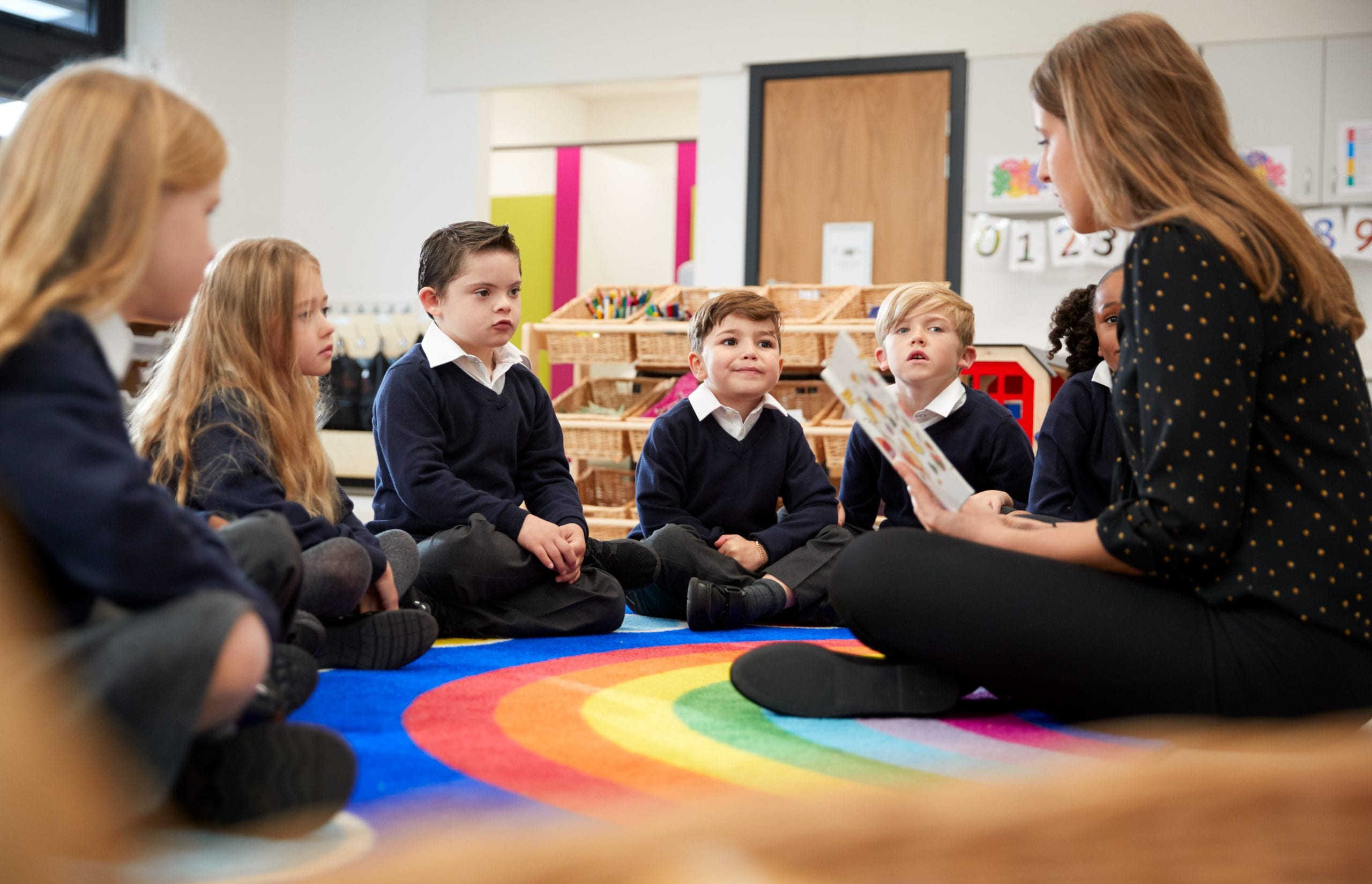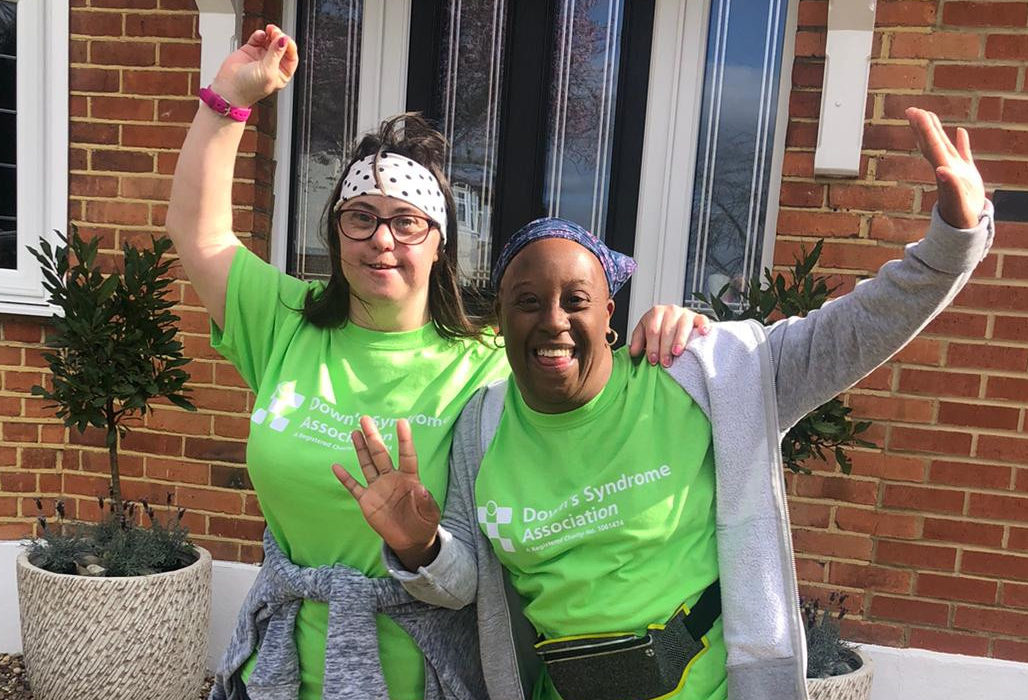SEND review: Right support, right place, right time
Initial comments and next steps
On 29 March 2022, the Department for Education (DfE) and Department of Health and Social Care (DHSC) published the SEND Review: Right support, right place, right time, a consultation on the Special Educational Needs and Disabilities (SEND) and Alternative Provision system in England.
The consultation is open until 1 July 2022. It is vitally important that the DfE and DHSC receive wide-ranging feedback on their proposed changes.
‘The SEND Review sets out government’s proposals for a system that offers children and young people the opportunity to thrive, with access to the right support, in the right place, and at the right time, so they can fulfil their potential and lead happy, healthy and productive adult lives.’
The publication of the SEND Review follows the 2014 reforms to the SEND system, and the introduction of the Children & Families Act.
Unfortunately, these reforms have not consistently delivered the intended positive outcomes for all children and young people with SEND and their families. This includes many children and young people with Down’s syndrome, who continue to face challenges accessing the right education, health and social care support.
Hear from Tom Rees, Executive Directo of Ambition Institute, Tania Tirraoro, founder of Speical Needs Jungle & Deborah Huck parent and campaigner, at our recent SEND Review and Down’s syndrome online session.
We want to use this opportunity to share what people with Down’s syndrome have told us is important to them, and to provide a brief comment on some of the proposals that relate to these priority areas.
Education, health and care
Members want to have friendships and to take part in all aspects of their school or college, as well as the wider community (eg leisure activities).
They can find the pace of the classroom too fast and would like people explaining things to slow down and to give them more time to think.
They want to be able to access a wide range of curriculum areas, and to have opportunities to take on responsibilities, to help other people and to use their own skills.
They think there should be good training for the health and social care workforce.

Equal opportunities
Members do not always feel they have the same opportunities to other people in society, this includes access to cultural and leisure activities, work, education, and support for living independently.
They want to have the same things as everyone else, including spending time with friends and family, having hobbies and interests, opportunities to exercise and stay active, and to be able ‘to be part of things, not to be left out.’

Making own choices
People who have Down’s syndrome want to be able to to do things for themselves and to make their own choices about their life.
They want people to support their decisions rather than to make decisions for them: ‘support my decisions‘.
They want to be able to ask for help when they need it, and for the help provided to be what they need not people taking over and making decisions for them. This help might include help with money, being organised and help with living on their own.

Awareness raising
Members want other people to know about the realities of being a person who has Down’s syndrome and to recognise all the things they are capable of doing.
They want an end to discrimination and for people to speak to, and about them, in a respectful way.
They would like ‘people to talk to me more and listen to me more as well’.
They have told us that having a voice helps build their confidence.

Over the coming weeks we will be undertaking a more detailed analysis of the green paper, in particular thinking about these key areas that people with Down’s syndrome have identified as important in their lives.
In the meantime, here are some initial thoughts based on what people with Down’s syndrome have told us is important to them:
A new National SEND Delivery Board will bring together government departments with delivery partners including parents, carers and representatives of local government, education, health and care to hold partners to account for the timely implementation of proposals. Additionally, a local SEND partnership will be convened who will work with parents and carers to assess local need and existing provision, which will lead to the production of a local inclusion plan. They will also set up a local multi-agency panel, which will include representation from schools, colleges, health, care and parents and carers.
There is no mention here of including children and young people within these processes, however we know that people with Down’s syndrome are often willing and able to contribute to discussions about what is important to them and how they would like to live their lives.
How can children and young people with Down’s syndrome contribute and have a voice?
The proposals draw on research from the Children’s Commissioner’s Big Ask Survey which shows children and young people with SEND have the same aspirations as their peers. They value their education and want good friends, a social life and good mental health. They desire independence, and the prospect of a good job or career in the future. The government believes that with the right support all children and young people with SEND can achieve their potential with most achieving in line with their peers.
Based on what young people with Down’s syndrome have told us, we agree that they do share the same aspirations.
However, people who have Down’s syndrome will have some level of learning disability. This means they’ll have a range of abilities. Some people will be more independent and do things like get a job. Other people might need more regular care.
It is important that these proposals are inclusive of a wide range of abilities and achievement levels.
How will the range of abilities and support needs of children and young people with Down’s syndrome be supported through these proposals?
They propose to create new national SEND standards spanning early years settings through to further education, to make education, health and care provision, processes and systems consistent across the country. These standards will set consistent processes on decision-making on how a child or young person’s needs are identified and will set out the appropriate types of support and placements for meeting different needs. This includes the introduction of consistent standards for co-production and communication with children, young people and their families as they are engaged in the decision-making process.
It is unclear from the proposals how these standards will be developed, however given the range of abilities that people with Down’s syndrome have, it is important that these standards do not rely on diagnosis alone, but that education, health and care needs are individually assessed.
Furthermore, the co-production guidelines will need to also recognise the range of abilities, to ensure that all children and young people with Down’s syndrome can be engaged in decision making processes in a way that is meaningful for them, so that they are able to make choices about their lives and the type of support they receive.
The proposals include new training and qualifications for SENCOs, early years practitioners and initial teacher training. This is designed to deliver excellent teaching and high standards of curriculum in every mainstream school. There is a mission for 90% of children to reach expected standards in reading, writing and mathematics by 2030, using evidence-based support.
Children and young people with Down’s syndrome might never ‘catch up’ and achieve in line with their peers in these subject areas which many children and young people with Down’s syndrome find particularly challenging.
Also, as people with Down’s syndrome have told us, being in school includes engagement with a broad curriculum including arts, drama, music and sport, making friends, being a valuable member of the school community who is respected and included in all aspects of school life.
It is important that this additional training does not just focus on academic achievements in a narrow curriculum, but encapsulates other areas that support meaningful inclusion, and – again – that the wide range of abilities of people with Down’s syndrome is recognised within the training delivered.
It is also unclear what training health and care professionals will receive within these proposals.
The proposals recognise that many young people with SEND find it difficult to secure sustained employment and the opportunities this brings to demonstrate and develop their skills. They propose there needs to be better careers guidance and information about support available to move into work, and there will be further investment in supported internships and traineeships, as well as support for employers.
This is a key priority area for young people with Down’s syndrome, and at the Down’s Syndrome Association we are seeing an increasing number of young people entering into the workplace through our WorkFit employment programme which brings together employers and job-seekers who have Down’s syndrome.
WorkFit currently has over 1,300 candidates registered across England and Wales with a range of skills and abilities.
We believe that everyone with Down’s syndrome can work if they want to and are supported to do so. A key element of the success of WorkFit placements is the training and preparation provided to employers prior to a WorkFit candidate joining their organisation.
The proposals in the green paper lack detail, so we look forward to contributing evidence of what works for young people with Down’s syndrome to the consultation.
The DSA will be undertaking several activities in the coming weeks both to inform our own submission to the consultation process and to support members in making individual submissions should they wish to.
We will always ensure that our submissions include the voice and priorities of people who have Down’s syndrome and their family carers.
To do this, we plan to engage with Our Voice and to run some online events for members, plus we are planning to produce a detailed document setting out some areas for individuals and support groups to consider when making their own submissions.
We will continue to work with the Special Education Consortium (SEC) and other partners where opportunities arise to submit evidence to inform joint consultation submissions.
The Easy Read version of the SEND Review has not been published, but we will share a link to this as soon as it is available.
We will also endeavour to produce Easy Read materials and will provide support for our members who have Down’s syndrome to engage in the consultation.
For further information, please contact: info@downs-syndrome.org.uk
